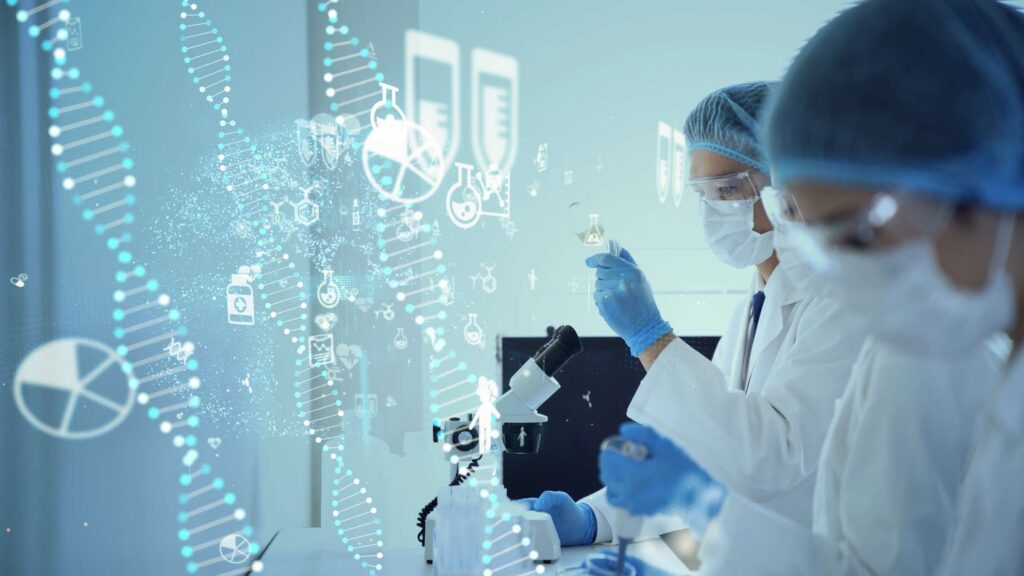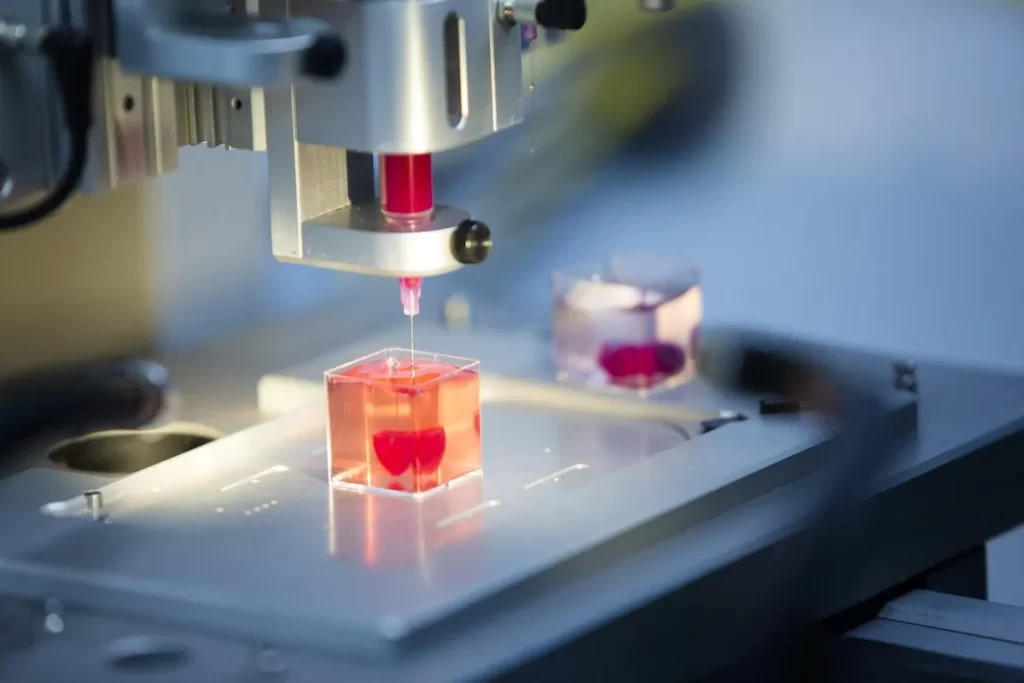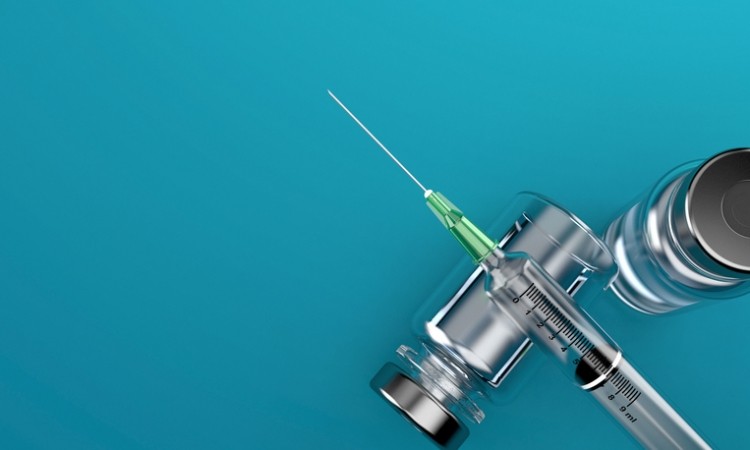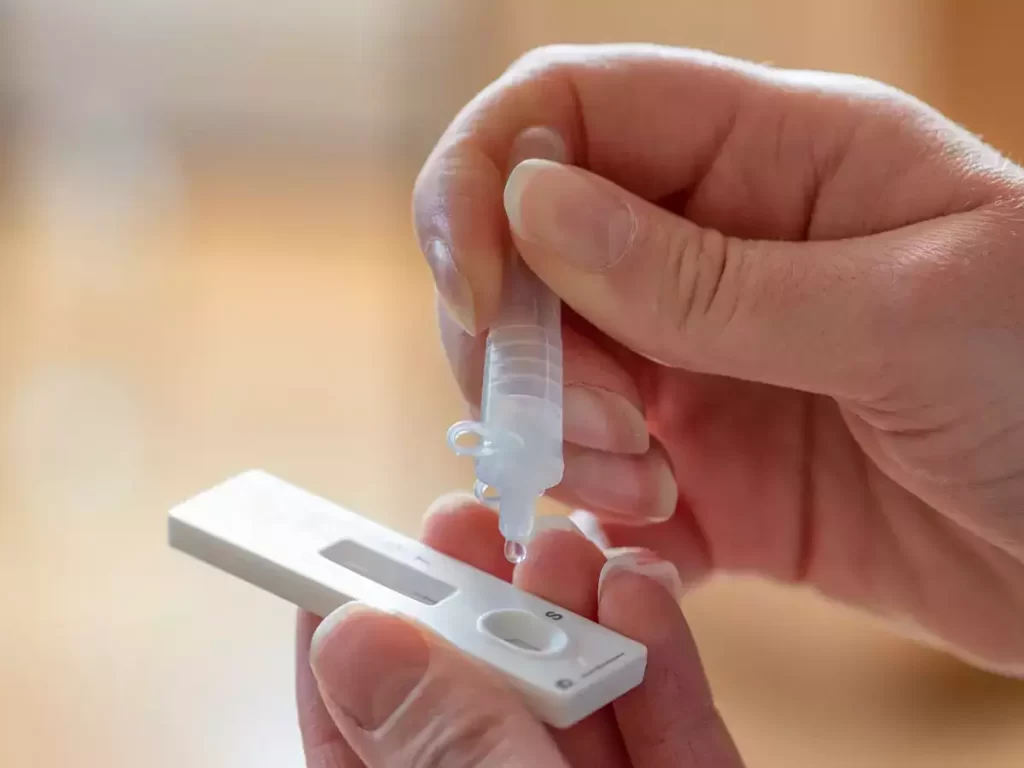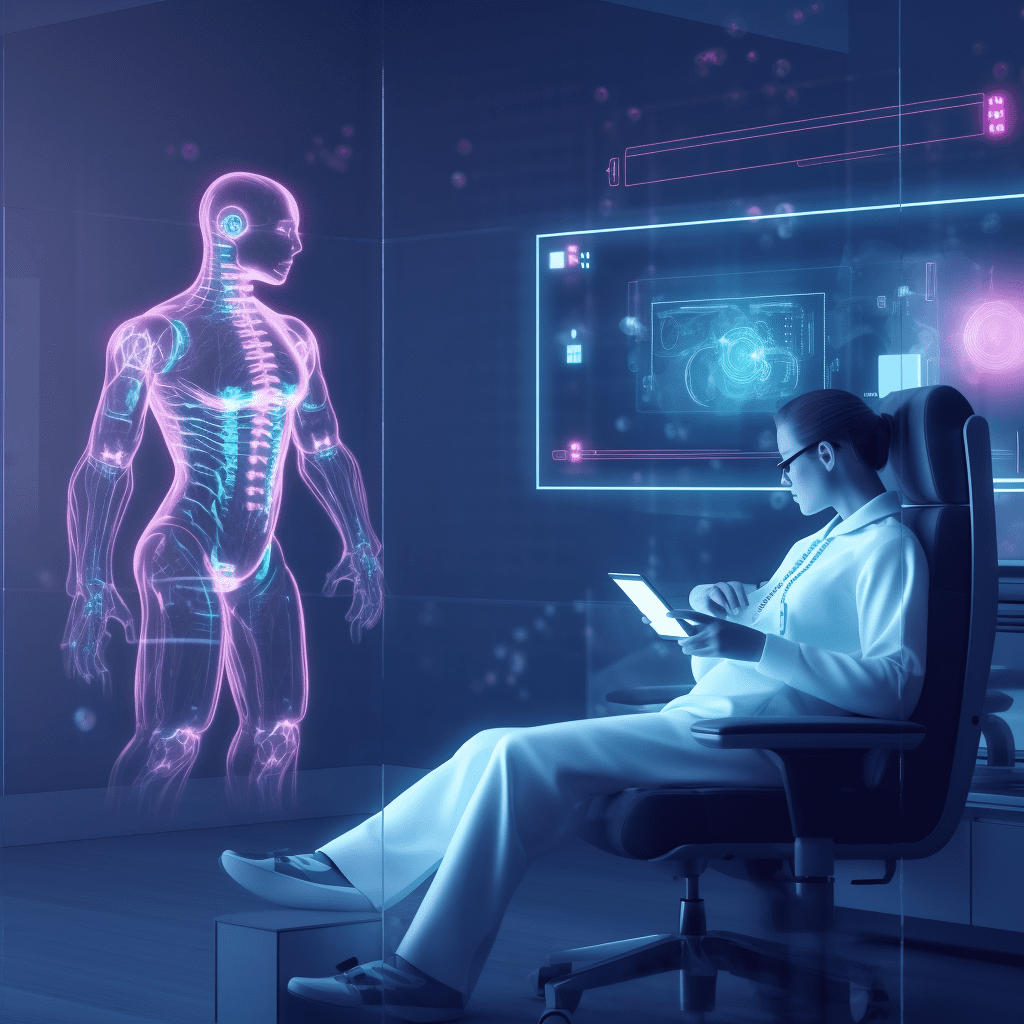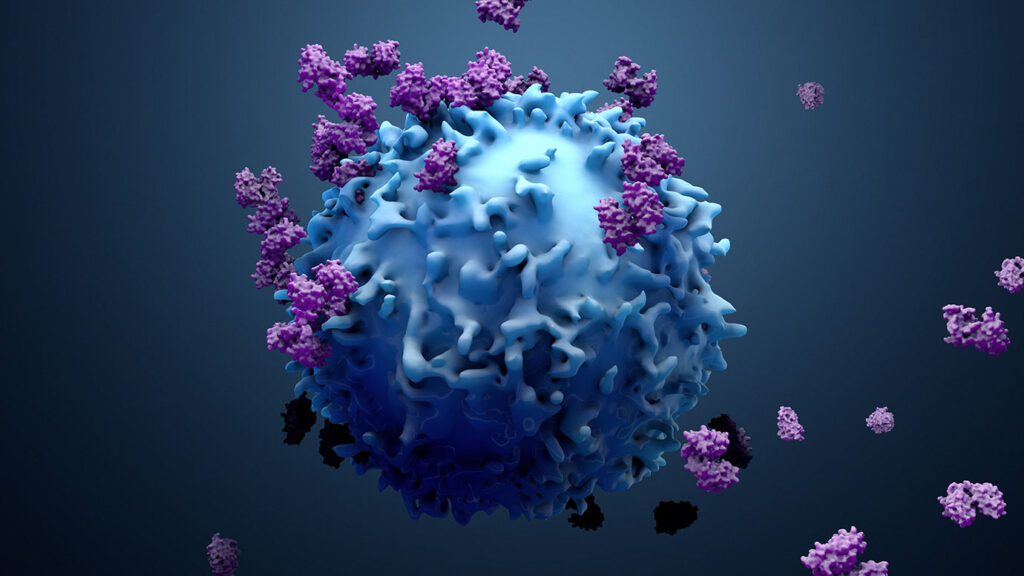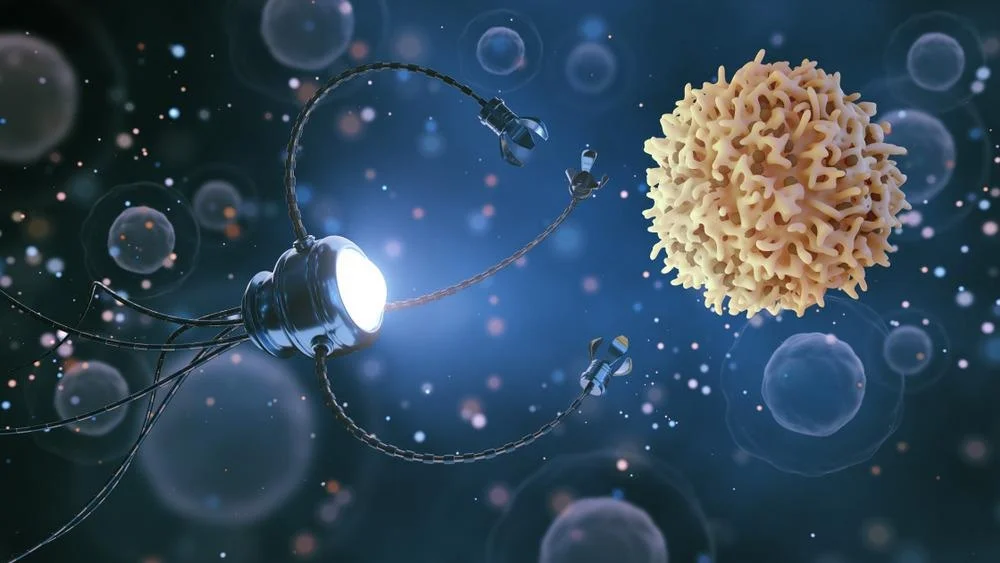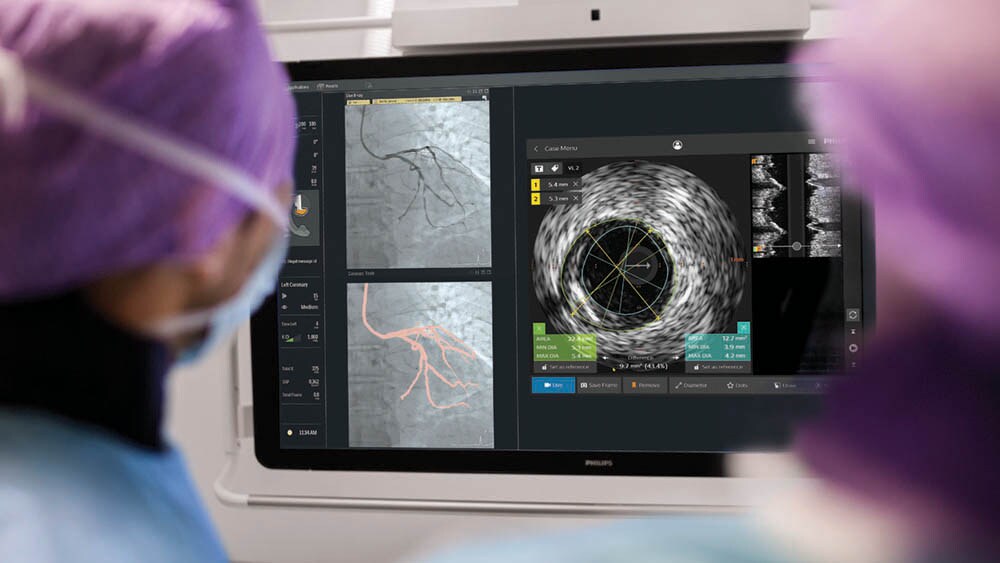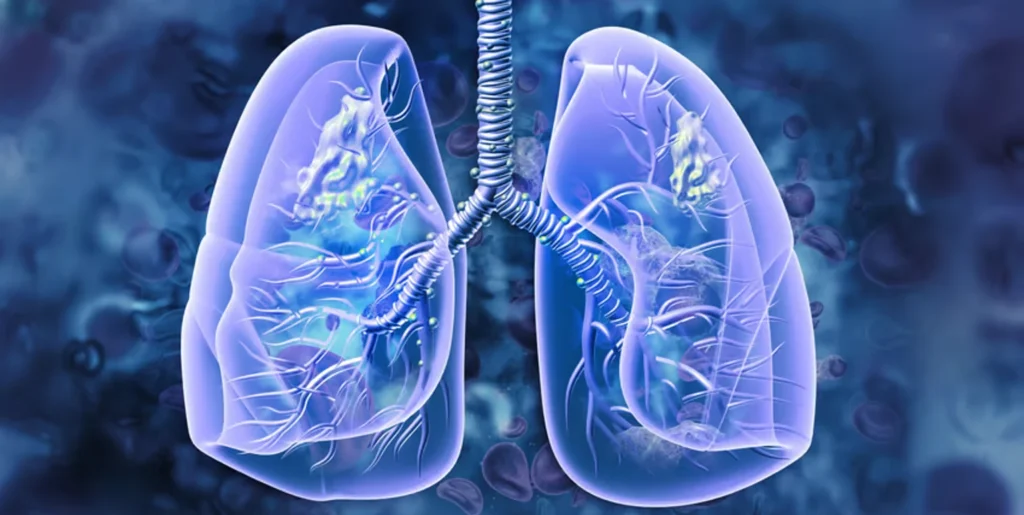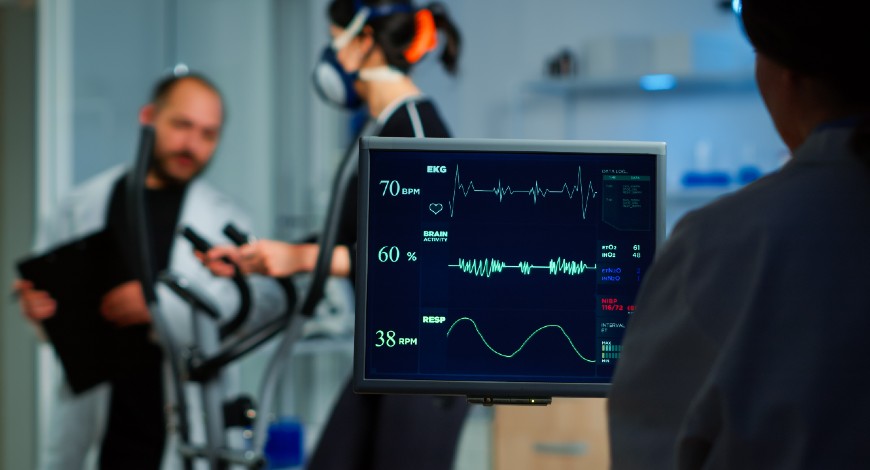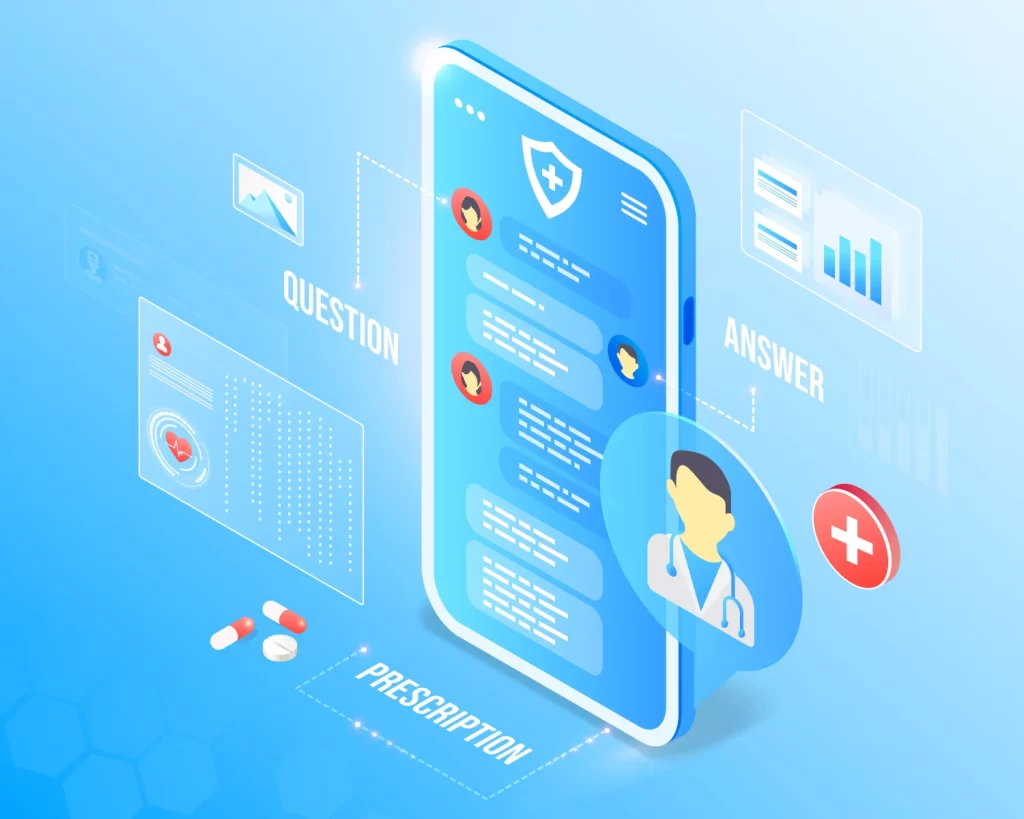Revolutionizing ADC Development: The Role of Automation in Advancing Cancer Therapy
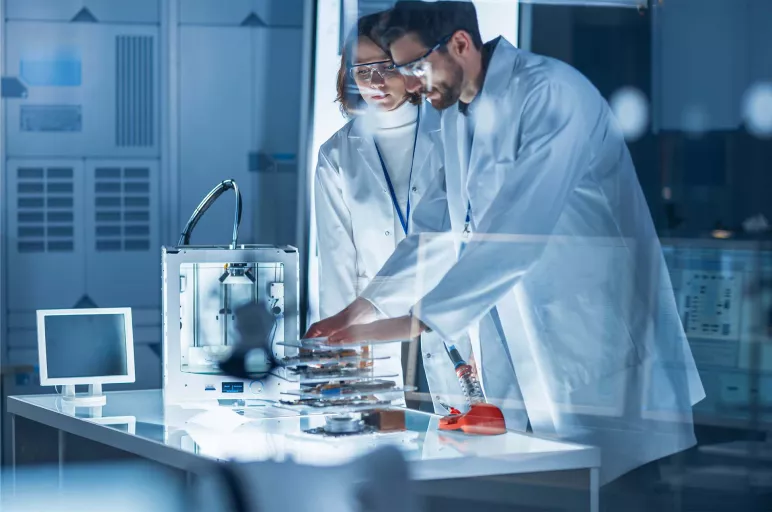
In the quest to combat cancer, researchers and pharmaceutical companies are increasingly turning to innovative therapies, such as antibody-drug conjugates (ADCs), to target and destroy cancer cells with precision. ADCs combine the specificity of monoclonal antibodies with the cytotoxic potency of chemotherapy drugs, offering a promising approach for treating a wide range of cancers. However, the development of ADCs is complex and time-consuming, requiring meticulous optimization and testing. In this article, we’ll explore how automation is revolutionizing ADC development, streamlining processes, and accelerating the translation of these groundbreaking therapies from the lab to the clinic.
Understanding Antibody-Drug Conjugates (ADCs):
Antibody-drug conjugates (ADCs) are a class of targeted cancer therapies designed to selectively deliver potent cytotoxic drugs to cancer cells while minimizing damage to healthy tissues. ADCs consist of three main components: a monoclonal antibody that recognizes and binds to specific antigens expressed on cancer cells, a linker molecule that attaches the antibody to a cytotoxic payload, and the cytotoxic drug itself. Once the ADC binds to its target antigen on the cancer cell surface, it is internalized, releasing the cytotoxic drug and inducing cell death.
Challenges in ADC Development:
While ADCs hold great promise for cancer therapy, their development presents numerous challenges. These include selecting the right combination of antibody, linker, and cytotoxic payload to maximize efficacy and minimize off-target effects, optimizing the stability and pharmacokinetics of the ADC, and ensuring efficient manufacturing and scale-up processes. Additionally, the complex nature of ADCs requires rigorous characterization and testing to evaluate safety, efficacy, and pharmacokinetic properties, further complicating the development process.
The Role of Automation:
Automation technologies are revolutionizing ADC development by streamlining and accelerating key aspects of the process. High-throughput screening platforms enable researchers to rapidly evaluate large libraries of antibodies, linkers, and cytotoxic payloads to identify optimal combinations with the desired properties. Automated synthesis platforms facilitate the efficient production of ADCs, ensuring consistency and scalability in manufacturing. Furthermore, robotic systems enable precise and reproducible characterization of ADCs, including stability, binding affinity, and pharmacokinetics, allowing researchers to make informed decisions at every stage of development.
Advantages of Automation:
The adoption of automation in ADC development offers several advantages. By automating labor-intensive and time-consuming tasks, such as screening, synthesis, and characterization, automation reduces the time and cost associated with ADC development. It also enhances the reproducibility and reliability of experimental results, minimizing variability and increasing confidence in the validity of findings. Additionally, automation enables researchers to explore a broader range of experimental conditions and optimize processes more efficiently, ultimately accelerating the translation of promising ADC candidates from discovery to clinical trials.
Future Directions:
As automation technologies continue to evolve, the future of ADC development looks promising. Advances in robotics, artificial intelligence, and machine learning are poised to further enhance the efficiency and effectiveness of ADC discovery and optimization processes. Additionally, the integration of automation with other cutting-edge technologies, such as high-resolution imaging and single-cell analysis, holds the potential to uncover new insights into the mechanisms of action of ADCs and improve their therapeutic outcomes. Automation is revolutionizing ADC development, streamlining processes, and accelerating the translation of these promising cancer therapies from the lab to the clinic. By enabling high-throughput screening, efficient synthesis, and precise characterization of ADCs, automation technologies empower researchers to overcome key challenges in ADC development and bring novel therapies to patients faster. As automation continues to advance, the future holds great promise for the development of next-generation ADCs that offer improved efficacy, safety, and therapeutic outcomes for cancer patients.






